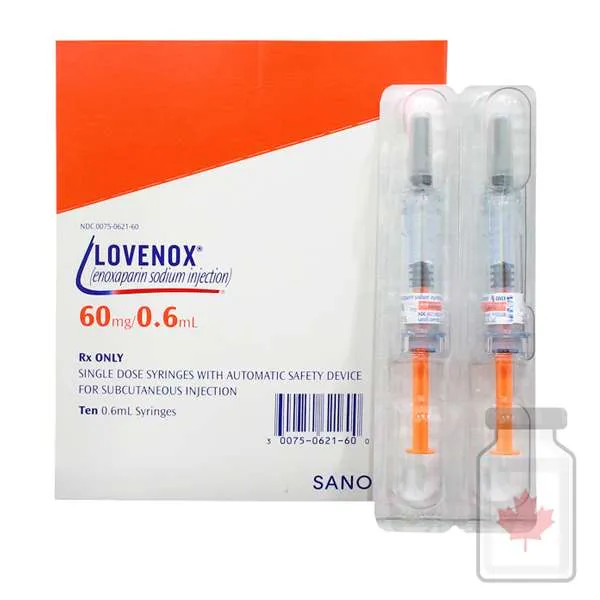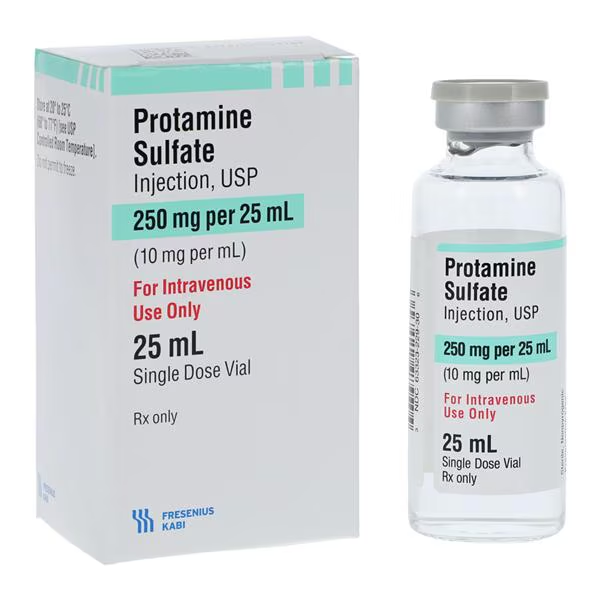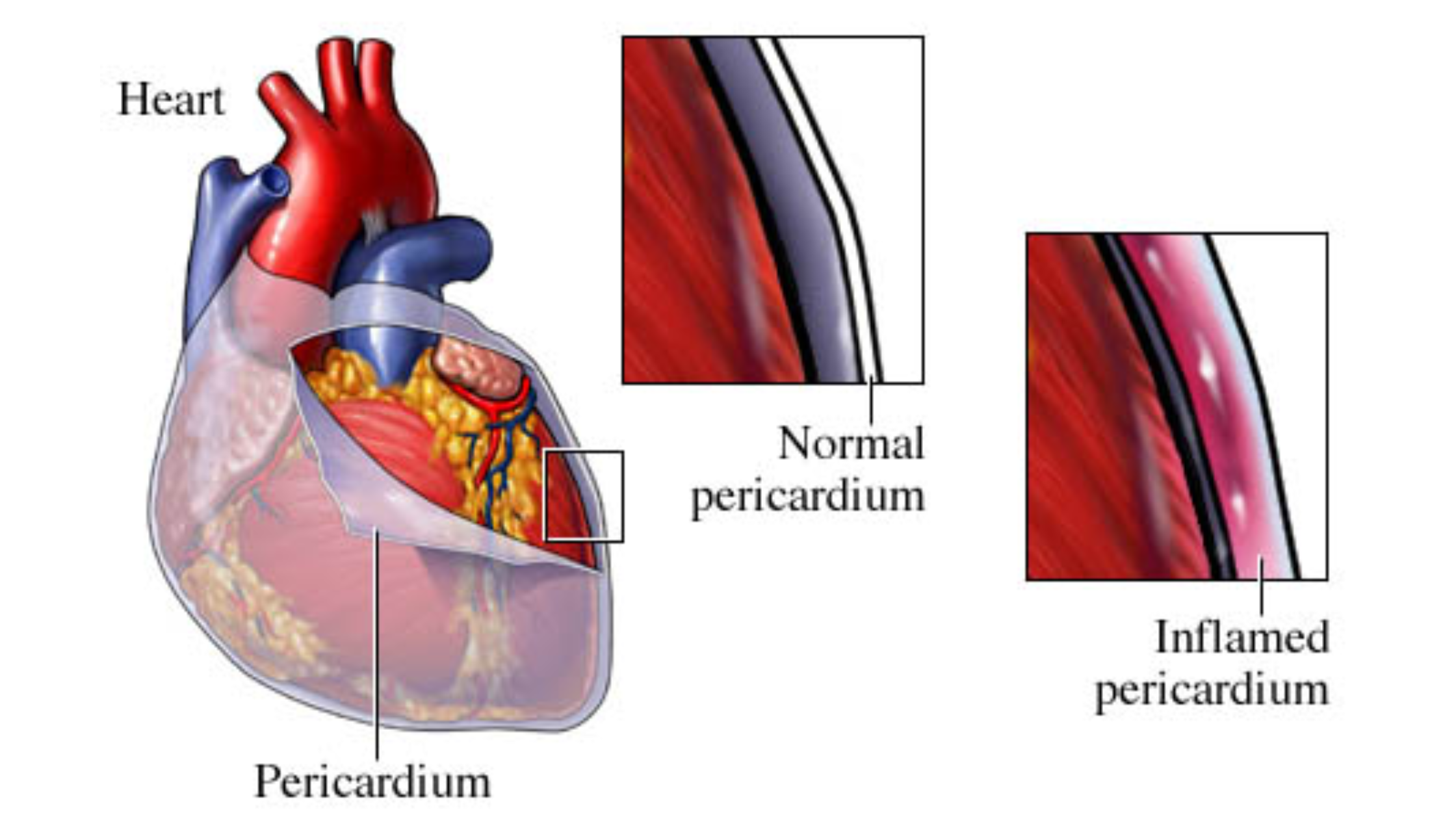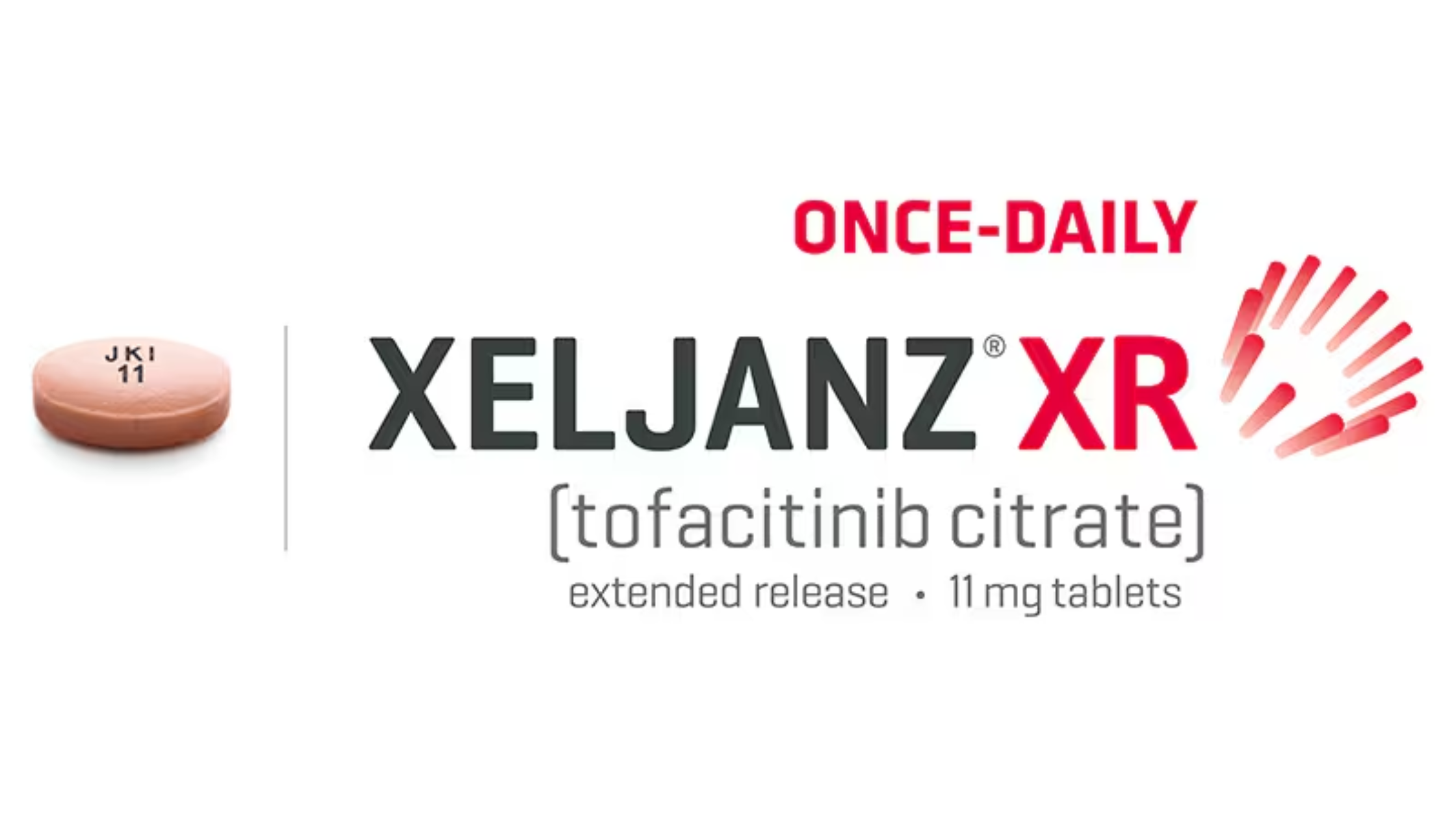Last updated on March 11th, 2025 at 05:15 pm
Let’s discover the most effective antidote for Lovenox, its uses, benefits, and considerations of use. By the end of this content, you will learn how to manage and counteract Lovenox toxicity effectively.
In the realm of anticoagulation therapy, Lovenox (enoxaparin) plays a crucial role in preventing blood clots. However, its potent effects sometimes necessitate the use of an antidote to manage bleeding or other complications that result from its overdose. This piece will explore the antidote options available for Lovenox, their mechanisms of action, effectiveness, and practical considerations.
What is Lovenox?

Lovenox is an injectable low molecular weight heparin medicine. It is commonly prescribed to prevent deep vein thrombosis (DVT) and pulmonary embolism (PE) in patients at risk. Its mechanism involves inhibiting certain clotting factors, thereby reducing the likelihood of dangerous blood clots.
When is Antidote for Lovenox Needed?
Despite its benefits, Lovenox can lead to complications such as bleeding, particularly in emergencies or during surgical procedures. An antidote becomes crucial in managing these situations effectively.
Lovenox Antidote for Overdose
Lovenox antidote for overdose is also called Lovenox bleeding antidote.
- Protamine Sulfate: Among the primary antidotes used for heparin-based medications, protamine sulfate effectively neutralizes the anticoagulant effects of Lovenox by forming a stable complex with it.
- Fresh Frozen Plasma (FFP): In cases where protamine sulfate is ineffective or unavailable, FFP may be used to replenish clotting factors and manage bleeding associated with Lovenox.

Mechanism of Action
Protamine sulfate binds to Lovenox molecules, forming a complex that is rapidly cleared from the bloodstream. This action restores normal clotting mechanisms, thereby reducing bleeding risk.
Effectiveness and Considerations
The effectiveness of protamine sulfate as an antidote for Lovenox depends on various factors, including the dosage of Lovenox administered, the patient’s renal function, and the timing of antidote administration. Prompt intervention is crucial to minimize adverse outcomes.
Administration and Dosage of Lovenox Antidote
Antidotes like protamine sulfate are administered intravenously under strict medical supervision. Dosage calculations are based on the amount of Lovenox in your body system. This ensures that you get a precise reversal of the anticoagulant effects.
Safety and Monitoring
While effective, the use of antidotes such as protamine sulfate requires careful monitoring for potential allergic reactions and other adverse effects. Healthcare providers must be vigilant during and after administration to ensure patient safety.
Alternatives and Emerging Therapies
Research continues into alternative antidotes and strategies for managing Lovenox-associated bleeding, including novel agents and improved protocols for antidote administration.
What People Ask Concerning Lovenox Antidote
What is the antidote for Enoxaparin?
The antidote for Enoxaparin (Lovenox) is protamine sulfate. It can partially reverse the anticoagulant effects of enoxaparin, with about 60–75% efficacy when administered intravenously.
Can Lovenox be reversed? if so, What reverses Lovenox?
Lovenox (enoxaparin) can be partially reversed with protamine sulfate, though its effectiveness is limited. A slow IV infusion of protamine can neutralize about 60% of Lovenox’s anticoagulant effect. However, there is no complete antidote. This therefore means bleeding risks should be carefully managed.
Protamine Sulfate is The Key Antidote for Lovenox Reversal
Getting to know the antidote options for Lovenox is critical for healthcare providers who manage patients on anticoagulation therapy. Protamine sulfate stands out as a reliable antidote. It offers rapid reversal of Lovenox’s anticoagulant effects when needed. However, proper assessment of patient-specific factors and adherence to established protocols are essential for ensuring effective management and minimizing risks associated with Lovenox therapy.
For healthcare professionals and you as a patient, staying informed about antidote options and best practices in anticoagulation management is crucial. Consult with your doctor to learn more about how antidotes like protamine sulfate can be effectively utilized in clinical practice.



